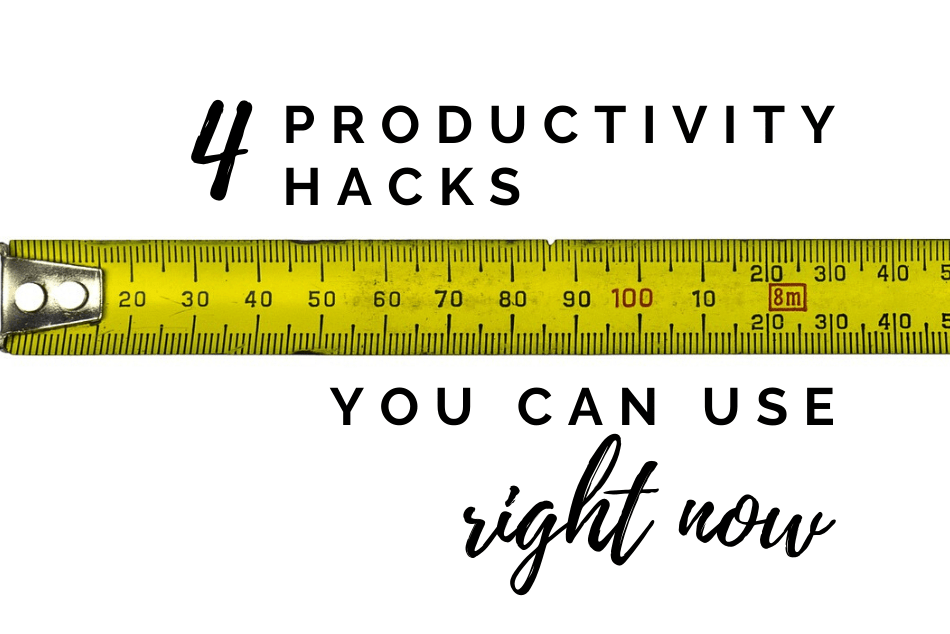For most authors, mastering productivity is a classic sink-or-swim situation. I’ve learned firsthand that even if your novel cracks the bestseller list, and even if you’re able to pursue this career full-time, it’s unlikely you’ll be focused solely on your next book manuscript from then on: Enter strategic freelancing, editorial deadlines, promotional efforts, reader-focused events, and a mountain of miscellaneous messages waiting in your inbox.
It’s easy to lose focus and become overwhelmed by the never-ending demands on our attention and time, demands that in many cases have only increased in light of the COVID-19 catastrophe.
(Editor’s Note: For more on this, see our posts on Book Marketing & PR in the New Normal, Getting Your Writer Brain Back on Track, A Submariner’s Guide to Crisis and Isolation, and Help, Support, and Opportunities for Writers Impacted by the Public Health Crisis.)
The way I see it, productivity challenges for most writers are twofold:
- Staying on task when the to-do list never ends
- Spending too much time at the desk, when a healthy creative brain demands that we get up and move.
While many solutions exist in the form of productivity apps or task managers, most of them charge a fee. But my own favorite tricks for improving time management and productivity—especially while working from home—are either free or very low cost.
(Bonus: If you’re one of the millions of parents now juggling homeschooling with your own workload, you might find these tricks help keep your children focused as well.)
1. Find a partner, set a goal.
Reach out to a fellow writer who may also be in need of an accountability partner, and commit to checking in on each other after a “word sprint” for a set time: 20 minutes, or 40, or an hour… whatever works for both of you. Then, aim for a set amount of words (500? 1,000?), and swap pictures of your before-and-after word counts (that’s where the accountability comes in).
Not at a drafting stage right now? You can use this technique for any bite-sized goal: finalizing a pitch, updating your website, scheduling social media posts, or editing a chapter.
Whatever you need to finish, it’s always more fun when you find a friend to help cheer you across the goal line.
2. Follow the beat.
A little different from your standard streaming services, BrainFM offers specific music scientifically designed to steer your brain into a certain state: focused, relaxed, asleep. They offer five free sessions, so give it a try and see if these rhythmic beats help improve your focus as much as they do mine. (If you like what you hear, subscribing is only $6.99/month, or less if you sign up for the year.)
Prefer your own playlist to drown out distractions? Try opting for a free service such as Spotify or Pandora. A hidden perk is that the playlists will be cycled by time. If you’re feeling distracted, commit to writing until the next ad, at which point you get to take a break.
3. Use a timer.
Whether you opt for a free app such as Pomodoro, an alarm on your smart phone, or an old-fashioned kitchen timer, many of the writers I coach find it helpful to focus on one task for 25 minutes at a time. Why 25? Because it allows for two five-minute breaks an hour! I also set every fourth break for longer in duration (15 minutes). This allows me to schedule time for errands or chores, so I can push all those extra worries away while I’m working.
4. Move it.
Don’t squander your breaks. Make the most of them by not only resting your brain but by working your body too. Instead of getting sucked back into checking notifications on your phone or making yet another snack just because the kitchen is in your sightline (anyone?), try to squeeze in 100 jumping jacks, a 2-minute plank, 15 minutes of yoga, or a quick HIIT circuit. If you’re working in a public space, perhaps you can climb sets of stairs or make a few laps around the building (social distancing protocols included). You’ll be surprised how much you can move in five minutes flat.
Engaging both the body and the brain throughout the work day helps to improve productivity, mood, and overall well-being—all of which we need now more than ever. And because most of these strategies don’t cost a dime, they never carry a sting.
What hacks work best for you? Join our discussion on Facebook.

 Julie Cantrell is a New York Times and USA TODAY bestselling author, editor, TEDx speaker, book coach, and ghostwriter. In addition to publishing novels, children’s books, and creative nonfiction, Julie has contributed to more than 20 additional works and edited more than 80. She’s also operated a freelance business since 2001, and is a member of the award-winning Tall Poppy Writers. Learn more: https://linktr.ee/juliecantrell.
Julie Cantrell is a New York Times and USA TODAY bestselling author, editor, TEDx speaker, book coach, and ghostwriter. In addition to publishing novels, children’s books, and creative nonfiction, Julie has contributed to more than 20 additional works and edited more than 80. She’s also operated a freelance business since 2001, and is a member of the award-winning Tall Poppy Writers. Learn more: https://linktr.ee/juliecantrell.





